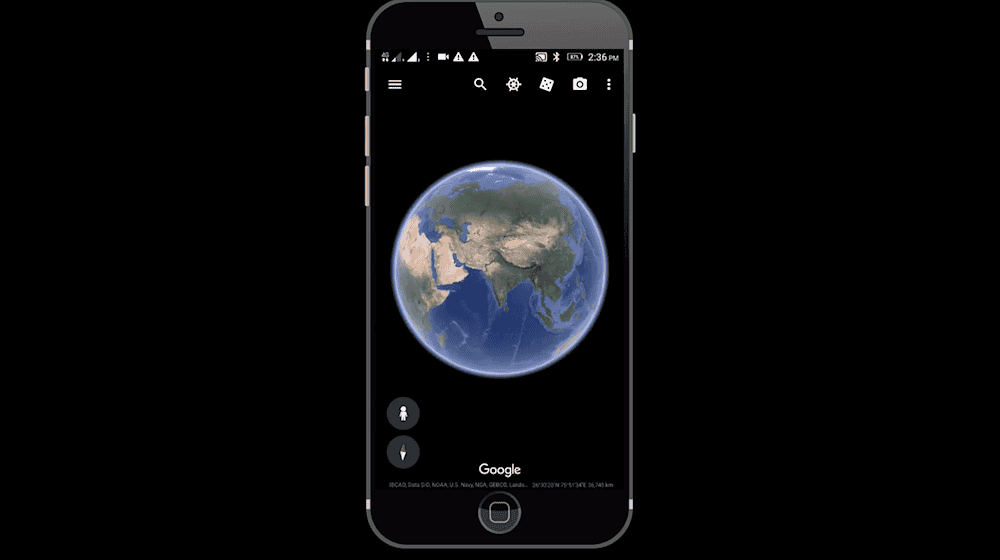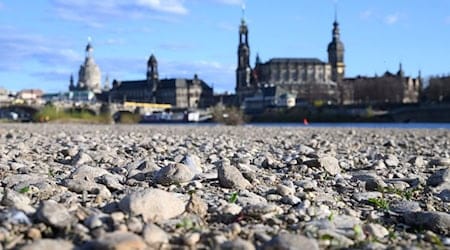Earth Overshoot Day marks the day of the year on which humanity has used up the resources that the earth can regenerate in a year. After this date, we are living "on credit" from nature by consuming resources that are due to future generations. This day highlights that our current consumption of resources is unsustainable and calls on us to rethink our consumption patterns and economic practices.
Background and history
Earth Overshoot Day was first introduced in 2006 by the Global Footprint Network, an organization that specializes in measuring and tracking humanity's ecological footprint. Their calculations are based on data on resource use and the Earth's capacity to regenerate these resources. The day aims to raise awareness of the urgency of reducing our resource consumption and promoting sustainable practices.
Meaning of the date
This year, Earth Overshoot Day falls on August 1. This date marks the fact that in just over seven months, we have used up the natural resources intended for an entire year. Earth Overshoot Day, which is occurring earlier and earlier, is an indicator that our ecological footprint is too large. This has far-reaching consequences for our planet, including the destruction of habitats, the loss of biodiversity and the depletion of natural resources.
Global impact
Overshooting planetary boundaries leads to serious global consequences. The scarcity of resources is exacerbating social inequalities and calling into question the economic stability of many countries. Climate change and environmental degradation threaten the livelihoods of millions of people and exacerbate global challenges such as water scarcity, food insecurity and migration.
Solutions
- To postpone Earth Overshoot Day in the future, far-reaching measures are needed. These include:
- Promoting renewable energies: The expansion of solar, wind and hydropower reduces our dependence on fossil fuels.
- Sustainable agriculture: methods such as permaculture and agroforestry systems can maintain soil fertility and promote biodiversity.
- Circular economy: recycling and reusing materials can reduce resource consumption.
- Reducing energy consumption: energy-efficient technologies and conscious consumption help to reduce the ecological footprint.
Initiatives such as the Paris Climate Agreement and the UN Sustainable Development Goals provide a framework and targets for reducing global resource consumption and protecting the environment.
Current developments on Earth Overshoot Day
According to current statistics, Earth Overshoot Day has moved further forward compared to previous years, indicating a continuing deterioration in the environmental situation. In particular, the increase in global CO2 emissions and the continued loss of forest areas are worrying. To reverse these trends, global efforts and a rethinking of the economy and society are needed.
Earth Overshoot Day is a powerful reminder that the time to act is now. Only through collective efforts can we ensure that our planet remains livable for generations to come.










